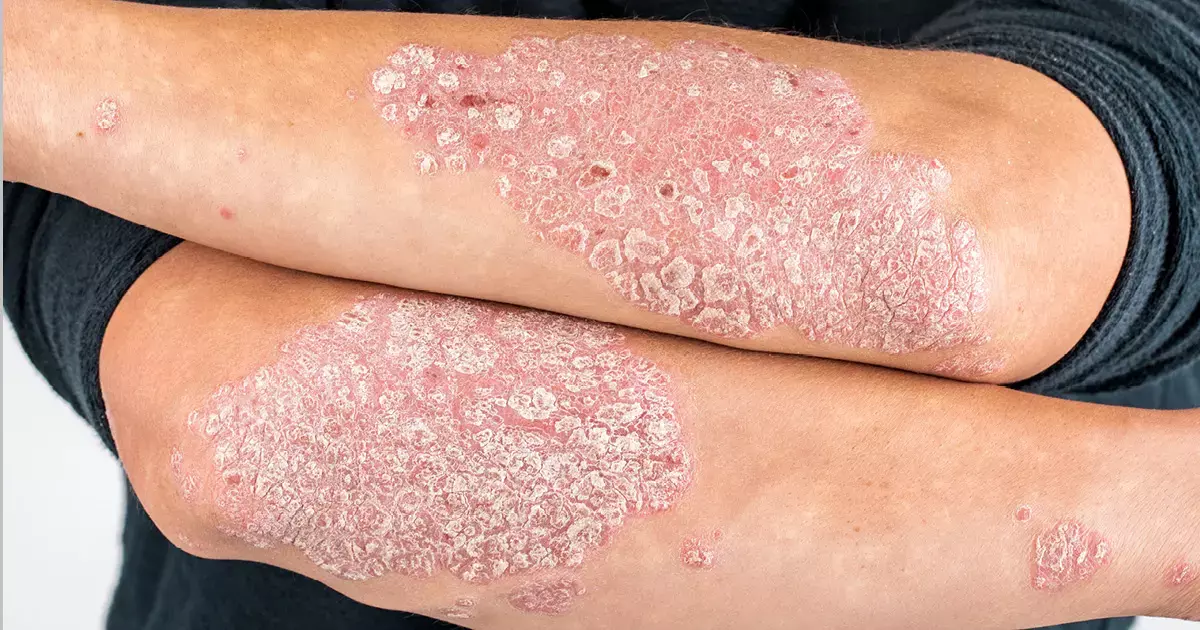- Home
- Medical news & Guidelines
- Anesthesiology
- Cardiology and CTVS
- Critical Care
- Dentistry
- Dermatology
- Diabetes and Endocrinology
- ENT
- Gastroenterology
- Medicine
- Nephrology
- Neurology
- Obstretics-Gynaecology
- Oncology
- Ophthalmology
- Orthopaedics
- Pediatrics-Neonatology
- Psychiatry
- Pulmonology
- Radiology
- Surgery
- Urology
- Laboratory Medicine
- Diet
- Nursing
- Paramedical
- Physiotherapy
- Health news
- Fact Check
- Bone Health Fact Check
- Brain Health Fact Check
- Cancer Related Fact Check
- Child Care Fact Check
- Dental and oral health fact check
- Diabetes and metabolic health fact check
- Diet and Nutrition Fact Check
- Eye and ENT Care Fact Check
- Fitness fact check
- Gut health fact check
- Heart health fact check
- Kidney health fact check
- Medical education fact check
- Men's health fact check
- Respiratory fact check
- Skin and hair care fact check
- Vaccine and Immunization fact check
- Women's health fact check
- AYUSH
- State News
- Andaman and Nicobar Islands
- Andhra Pradesh
- Arunachal Pradesh
- Assam
- Bihar
- Chandigarh
- Chattisgarh
- Dadra and Nagar Haveli
- Daman and Diu
- Delhi
- Goa
- Gujarat
- Haryana
- Himachal Pradesh
- Jammu & Kashmir
- Jharkhand
- Karnataka
- Kerala
- Ladakh
- Lakshadweep
- Madhya Pradesh
- Maharashtra
- Manipur
- Meghalaya
- Mizoram
- Nagaland
- Odisha
- Puducherry
- Punjab
- Rajasthan
- Sikkim
- Tamil Nadu
- Telangana
- Tripura
- Uttar Pradesh
- Uttrakhand
- West Bengal
- Medical Education
- Industry
Rheumatoid arthritis patients on TNFi at high risk of developing psoriasis

Rheumatoid arthritis patients on TNFi at high risk of developing psoriasis suggests a new study published in the Scientific reports.
Rheumatoid arthritis (RA) is a common chronic autoimmune disorder primarily attacking the joints, affecting between 0.5 and 1% of the world population. Rheumatoid arthritis is characterized by joint pain, tenderness, swelling, and joint stiffness. While the cause of Rheumatoid arthritis is not certain, risk factors include genetics, smoking, obesity, sex, and age. Similar to other autoimmune diseases, RA predominantly affects females, with a 2:1 to 3:1 female to male ratio. While RA can develop at any age, typical onset occurs between 30 and 50 years. RA is commonly treated with immunosuppressants such as methotrexate, hydroxychloroquine, sulfasalazine, or leflunomide, T-cell costimulatory inhibitors such as abatacept, interleukin-6 receptor (IL-6R) antibodies such as tocilizumab, Janus kinase (JAK) inhibitors, and tumor necrosis factor (TNF) inhibitors such as certolizumab pegol, adalimumab, golimumab, infliximab, and etanercept4.
This adverse event is counterintuitive since some tumor necrosis factor inhibitors are indicated for the treatment of plaque psoriasis. In this study, we analyzed over 880 thousand postmarketing safety reports from patients being treated for Rheumatoid arthritis with a single therapeutic and provided evidence for a statistically significant association of psoriasis adverse events with TNF inhibitor use as compared to methotrexate.
Additionally, they quantified the reported odds ratios and their 95% confidence intervals between four individual TNF inhibitors and found that the degree of association with psoriasis was variable among the drugs studied, with certolizumab pegol exhibiting the highest reported risk.
Reference:
Joulfayan, H., Makunts, T. & Abagyan, R. Anti-TNF-α therapy induced psoriasis in rheumatoid arthritis patients according to FDA postmarketing surveillance data. Sci Rep 13, 10448 (2023). https://doi.org/10.1038/s41598-023-37010-6
Keywords:
Rheumatoid, arthritis, patients, TNFi, high, risk, developing psoriasis, scientific reports, Joulfayan, H., Makunts, T. & Abagyan, R.
Dr. Shravani Dali has completed her BDS from Pravara institute of medical sciences, loni. Following which she extensively worked in the healthcare sector for 2+ years. She has been actively involved in writing blogs in field of health and wellness. Currently she is pursuing her Masters of public health-health administration from Tata institute of social sciences. She can be contacted at editorial@medicaldialogues.in.
Dr Kamal Kant Kohli-MBBS, DTCD- a chest specialist with more than 30 years of practice and a flair for writing clinical articles, Dr Kamal Kant Kohli joined Medical Dialogues as a Chief Editor of Medical News. Besides writing articles, as an editor, he proofreads and verifies all the medical content published on Medical Dialogues including those coming from journals, studies,medical conferences,guidelines etc. Email: drkohli@medicaldialogues.in. Contact no. 011-43720751


